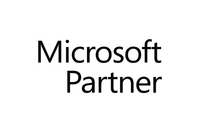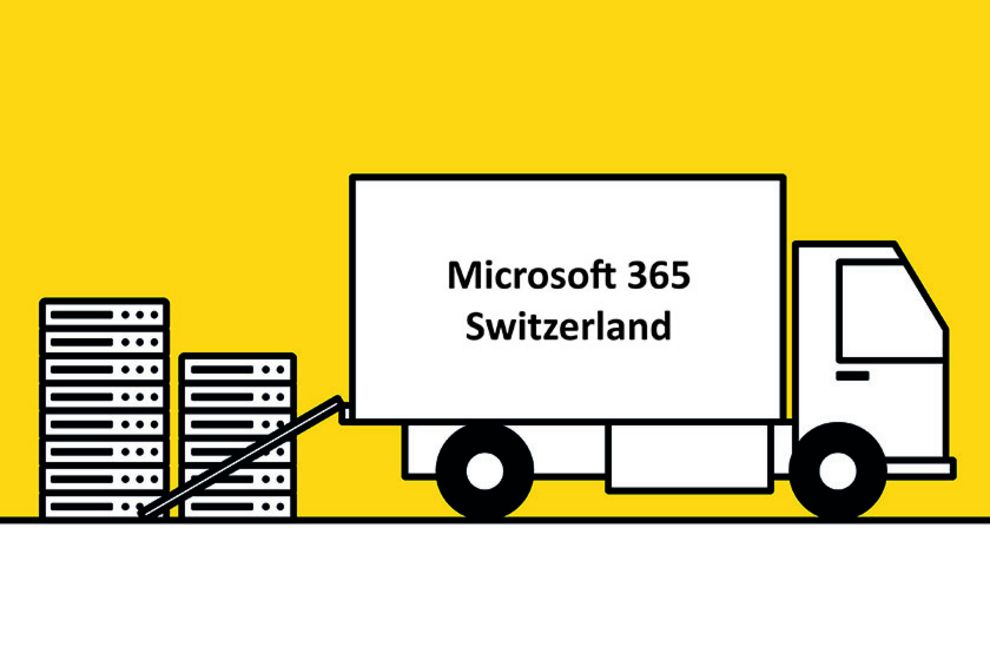As of May 1, Moving Microsoft 365 Data to Switzerland is No Longer Free.
Data from Swiss companies are automatically stored in Zurich and Geneva, provided that they have established their Microsoft 365 environment after Microsoft launched its Swiss data centers. Existing Microsoft 365 customers from before these Datacenters were built, have been able to request the free transfer of their data to a Swiss data center after the launch. This will finally come to an end at the end of April. After that, the move will cost money.
#Microsoft #Microsoft 365

It has been just over three years since Microsoft opened its data centers in Switzerland. Only then did it become possible to manage data for the popular public services Microsoft 365 and Azure in a local data center in Zurich and Geneva.
What Microsoft 365 data is involved?
Basically, we are talking about all data at rest that is stored by Microsoft. This includes data such as mails in Exchange Online, documents stored in OneDrive for Business and/or SharePoint Online, but also chat messages from Microsoft Teams. Especially for highly regulated companies, however, it is important to know that not all Microsoft 365 services store their data in a local data center in Switzerland. For example, Microsoft 365 Service Planner continues to store data in the European Union; Sway's data is in fact stored in the USA.
How can I request to move my Microsoft 365 data?
First, the current location of your data needs to be determined. Administrators of an Office 365 environment can find it in the organization profile of the Settings[i]. If data is stored in Europe, the transfer can still be requested until April 30 of this year. The data transfer can be initiated via the menu item "Data residence". Location determination and transfer request can also be delegated to your Microsoft 365 partner, of course.
Please note that Microsoft allows itself up to 24 months to transfer your data. The move will take place without interrupting your Microsoft 365 services and can therefore be requested without hesitation.
Is this the last opportunity to move data to Switzerland?
According to Microsoft, this free offer will expire after April 30, 2023. Companies wanting to transfer their data to Switzerland after the deadline will have to buy a special license, which is very expensive. So, it is well worth checking the current location of your data and ordering the move immediately if you deem such a data transfer necessary.

The Microsoft Cloud from Switzerland is in increasing demand
Data retention is a key issue particularly for regulated companies. This has been made evident recently by highly publicized discussions between IT lawyers and data protection officers. This makes the features provided by cloud providers for this purpose even more important. The most recent example is Microsoft's announcement that in the future, customer data located in Europe will remain within the EU[ii].
Big ones choose big ones, small ones choose small ones
Research by Information Services Group (ISG), a leading global technology research and advisory firm, shows that most Swiss companies, for reasons of data security, prefer local cloud providers[iii]. Since Microsoft created the Switzerland region, IT service providers have significantly increased their involvement with Azure and Microsoft 365, and numerous companies, including many well-known ones, are working with the Microsoft Cloud.
Many large companies now using Azure in Switzerland have partnered with large service providers, while small and medium-sized companies have tended to choose local partners.
Many new offerings on the Swiss platform
Over the past few quarters, many new offerings have been launched on the Swiss platform, including GPUs, Microsoft Purview, Azure Confidential Computing, Azure Arc-enabled servers, SAP-optimized VMs with up to 11.4 TB of storage, Data Box, Azure Archive, Azure Communication Services, Azure Cognitive Services, Machine Learning, Stream Analytics, Azure NetApp Files and Azure Key Vault Managed HSM. in addition, other Power Platform modules went live, including Power Virtual Agents, Power Apps Portals and AI Builder, as well as Microsoft 365 modules such as Dataverse for Teams and live events.
According to Microsoft, demand from customers and partners for these services is very high.
[i]https://admin.microsoft.com/Adminportal/Home#/Settings/OrganizationProfile
[ii]Microsoft announces the phased rollout of the EU Data Boundary for the Microsoft Cloud begins January 1, 2023 - EU Policy Blog
[iii]Swiss Firms Embrace Local Region for Microsoft Azure Cloud | Business Wire


